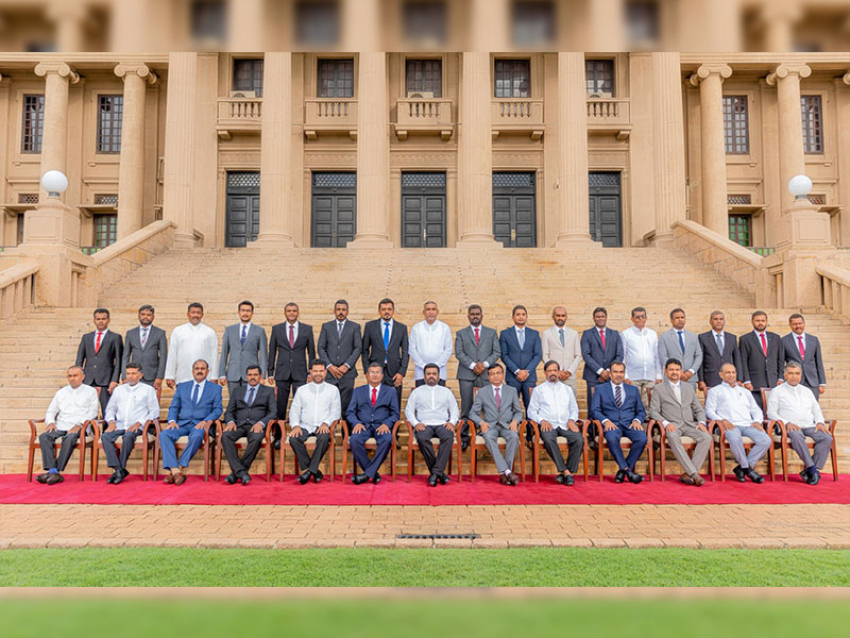Havana: Despite the cultural and geographic differences, the Brics group (Brazil, Russia, India, China and South Africa) is seen by economists and politicians as a feasible alternative to the global economic order.
While defenders of the international status-quo reject the possibility of such heterogenous group becoming a solid bloc, the BRICS has put this year a big amount of funds into their Development Bank and rely on creating a common currency to make payments inside the group.
According to economist and former World Bank official, Peter Koenig, these countries can eventually replace the present economic system, overpowered by the United States, the Prensa Latina News Agency reported.
They will thus offer a monetary alternative, healthier than the dollar, which is guilty of most of the planet´s impoverishment in economic and environmental terms, he stressed.
The same optimism was expressed by director general of the UralVagonZavod corporation of research and production, Oleg Sienko, who ensured the superiorita of a Brics currency compared to the U.S. Dollar.
It would be supported by real funds and resources, including human capital, natural and raw materials resources so abundant in our countries, declared Sienko in BRICS website Business Magazine.
The initiative also seems to have become a threat to the G-7 supremacy (the richest nations of the World) in the opinion of a group of Russian experts, who prepared the report "The perspectivas and strategic priorities of the ascension of the Brics.
According to the forecasts of researcher Askar Akayev of the Moscow State University, in the next few years, those nations will exceed in absolute values the seven most developed economies of the present world.
If Akayev´s forecasts become true, then the situation of the world will improve, reducing the causes for wars, bringing the increase of justice and harmony.
The purpose of the Brics alliance consists in helping the developing countries and defying the organizations governed by western nations, as is the case of the International Monetary Fund and the World Bank.
Its detractors, however, put emphasis on the differences, argue that the Chinese economy is 20 times bigger than that of South Africa and is above that of Russia, so rivalries could become obstacles to development of the alternative.. The group's aspirations, however, are legitimate if we consider that the bloc has 30 percent of the world's Gross Domestic Product (GDP) and approximately 45 percent of total population.
Far from focusing on differences, the agreements of the five nations seem nearer to making the dreams of Jimo Noeil become true. The creator of the term Brics in 2001, saw the quintet awakening as the main economies of the world by 2050.(KH)




















